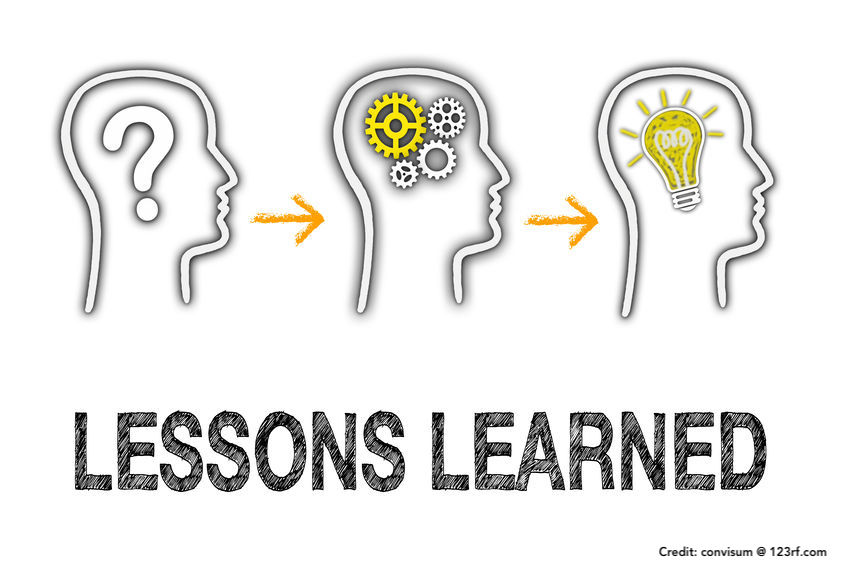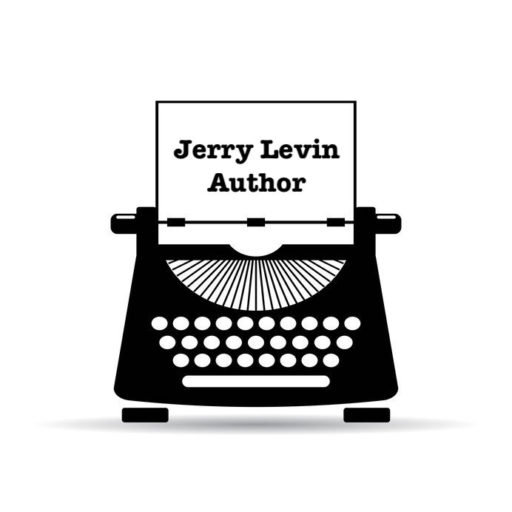Reading time (250 wpm): 5 minutes.

Lesson #2 – It’s Their Massage
Note: If you are not interested in reading about massage and want to get right to the Spiritual Lesson, skip down to General Application.
In the first post in this series, I mentioned that I was a massage therapist. When I started massage school, I found that I enjoyed giving a massage every bit as much as I enjoyed receiving one. And in massage school, you are giving and receiving massages all the time. Close to Nirvana.
As my experience grew, I realized that there were many qualities to a massage that contributed to the experience, qualities like the speed of movement, the amount of pressure used, the part of the hand or arm used to apply the pressure, etc. For this discussion, I am will focus on the amount of pressure applied. Is it a soft massage or a heavy massage?
I soon learned that not everyone liked what I liked? Said like that, it seems so very obvious. But, at the time, it wasn’t. And I discovered that it applied equally to all of life, not just to massage.

I like a heavy-handed massage. I have often said that I like to have my bones massaged. My first assumption was that everyone liked the same thing I did. They don’t.
My second assumption was that they “should” want their massage to be what I loved so much. All I needed to do was to gradually increase the amount of pressure I was using and they would discover how wonderful it was. WRONG AGAIN!
My third attempt at understanding this was right on. I started telling myself: “It’s their massage, Jerry, not mine. I need to figure out what they want and give them that.”
As I implemented this policy for myself, I found that most people wouldn’t say anything about what they liked or didn’t like unless I specifically asked them. And even then, I would sometimes get statements like: “Well, you are the therapist so you know what I need.” Lightbulb moment. 💡
So I started telling clients (especially first-timers) at the beginning of a massage that I need to receive feedback from them:
”I need you to give me feedback about this massage as it develops. If the pressure is too much or too light, please let me know. If I touch you somewhere or in some way that creates any physical or emotional discomfort, please let me know so that I can modify what I am doing.”
Even then, I found that I still had to carefully watch for signs of discomfort like facial grimaces or groans or some kind of unconscious movement that might signal discomfort.
Noticing such a reaction, I would again ask if there was any problem.
General Application
It seems that most of us need to be educated to speak up about what we like and don’t like. We generally assume that everyone knows what we need better than we do, especially if the other person is some sort of trained professional.
It’s just not the case. I don’t know of any professional education programs that include Mind Reading 101 as part of the curriculum. As consumers and clients, we need to speak up. Even if the professional doesn’t ask or invite feedback, which, sad to say, most don’t. Maybe especially in those cases when they don’t invite feedback, we must speak up for ourselves.
As I thought about this more and more in other situations, I realized that this lesson applies everywhere, all the time, in every interaction, and every relationship.
My general statement about this rule is:
“I have a hard enough time figuring out what I want and need in my own life. I have absolutely no idea what you want or need. Please let me know.”
If I am interacting with someone who is telling me about an issue that they are concerned about, I will not tell them what they *should* do. Instead, I might say something like:
When I have had a similar issue like (__example__), this is what helped me:
Or:
Listening to you describe this situation, I have this voice in my head that keeps telling me:
… (example) … . Maybe that could be helpful for you.
It feels much less like telling someone what to do. If I tell them what they should do, it has to feel disempowering like they don’t know how to take care of themselves, but I do. And it really is true that:
- I barely know what I need and want sometimes and it is often difficult for me to know what will work best for myself, so
- I can’t possibly know what will be best for someone else or how any advice I might give will work out for them.
Conclusion
So when you want to help someone else, when you are tempted to tell them what to do in a difficult situation, here is what works best for me. You might want to try it and see how it works for you (again, since I don’t know you at all, I can’t know what will work best for you):
Ask some open-ended questions of the person who seems to be asking you for help.
- How does that feel to you?
- What have you tried so far and what happened?
- Why is this important to you? What might you gain/lose?
- What would your ideal outcome be in this case?
Tell them about any similar situation you’ve experienced while clearly stating that you can’t know how they feel except through what they might tell you.
- Here’s what I did when such and such happened to me and this is how it seems similar to your situation, or,
- This is what I think/hope I would do if I were in a similar situation.
- How does that sound/feel to you?
Look for signs in their posture or expression that suggest whether they understand what you are trying to communicate.
If it looks like maybe they don’t get it, tell them it is important to you that they do and so to facilitate understanding, would they please tell you what they heard you say? And then offer clarification if necessary.
Bottom Line
We all live very private lives in our own heads except to the extent that we explicitly tell others what is going on for us in any situation.
Understand that they are dealing with their own stuff in their own head and may not hear you clearly or may misinterpret what you say based on their own set of beliefs, assumptions, fears, and stories.

Like what you see?
Subscribe To
MyNewsletter
The best way to keep up with the latest insights is to get on my email list.
Most of my emails are either about Personal Development or Spirituality. If you indicate a preference, I will only send you emails that fit your interests.
When you sign up, I will send you a free ebook called:
Conscious Evolution: The Process of Consciously Transforming Your Life.
Congratulations, you have Successfully SUBSCRIBED!